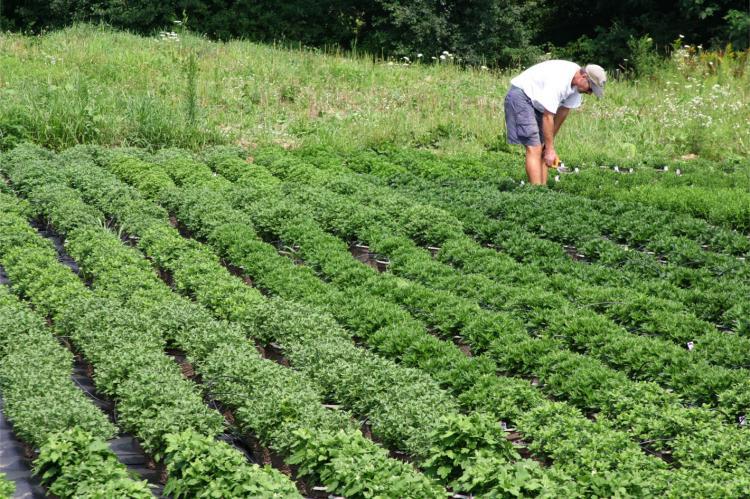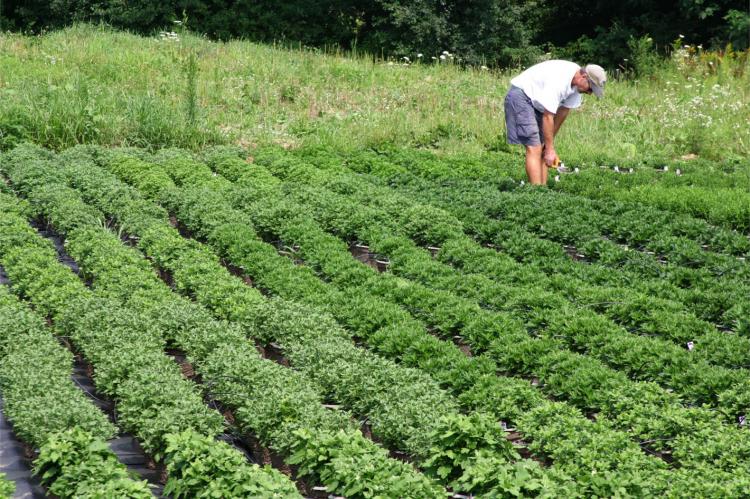Researchers from the University of New Hampshire are finding more in-depth answers as to why certain rural communities in America are willing to use up their natural resources and why some communities are in favor of conservation.
Age, education, political views and job availability are the main factors that influence how people use natural resources in their area.
“We know that rural America is changing, and changing very fast,” said Sociology Professor and senior fellow at the Carsey Institute at UNH Larry Hamilton, also head of the research team at UNH.
Across America, communities are in constant flux, some are losing population, some are gaining, and new economies are replacing old ones, he said.
“The main discovery of the paper was that there are a lot of variations from one rural place to another in how people view their own environment. Whether they think it needs protection, whether resources should be conserved or used up now to create jobs. We found quite a lot of difference in one place to another in those sorts of answers,” said Hamilton.
Hamilton and team surveyed just under 8,000 people in 19 rural communities across the U.S. in their initial study. The research published in the paper, “Place Effects on Environmental Views,” found that communities with high-employment were more inclined to conserve resources, whereas in communities that lacked jobs people are more inclined to want to use the natural resources to create immediate jobs.
However, in some communities, immediate jobs go hand in hand with conservation, in places where eco tourism gives locals of diverse demographics great incentive to protect their natural resources.
The surveys also showed that generally, younger people, those with higher education, and democrats are more likely to support environment conservation.
Hamilton is continuing his research “full speed ahead.” His next body of work to be published this fall, looks at data from 12,000 people, and additionally asks them for their views on Global Warming.
Age, education, political views and job availability are the main factors that influence how people use natural resources in their area.
“We know that rural America is changing, and changing very fast,” said Sociology Professor and senior fellow at the Carsey Institute at UNH Larry Hamilton, also head of the research team at UNH.
Across America, communities are in constant flux, some are losing population, some are gaining, and new economies are replacing old ones, he said.
“The main discovery of the paper was that there are a lot of variations from one rural place to another in how people view their own environment. Whether they think it needs protection, whether resources should be conserved or used up now to create jobs. We found quite a lot of difference in one place to another in those sorts of answers,” said Hamilton.
Hamilton and team surveyed just under 8,000 people in 19 rural communities across the U.S. in their initial study. The research published in the paper, “Place Effects on Environmental Views,” found that communities with high-employment were more inclined to conserve resources, whereas in communities that lacked jobs people are more inclined to want to use the natural resources to create immediate jobs.
However, in some communities, immediate jobs go hand in hand with conservation, in places where eco tourism gives locals of diverse demographics great incentive to protect their natural resources.
The surveys also showed that generally, younger people, those with higher education, and democrats are more likely to support environment conservation.
Hamilton is continuing his research “full speed ahead.” His next body of work to be published this fall, looks at data from 12,000 people, and additionally asks them for their views on Global Warming.


